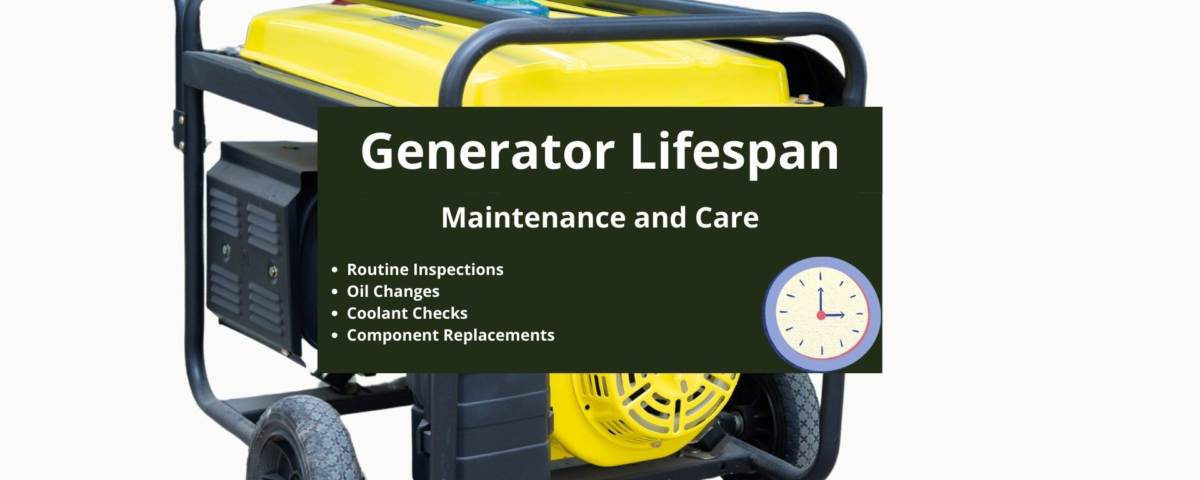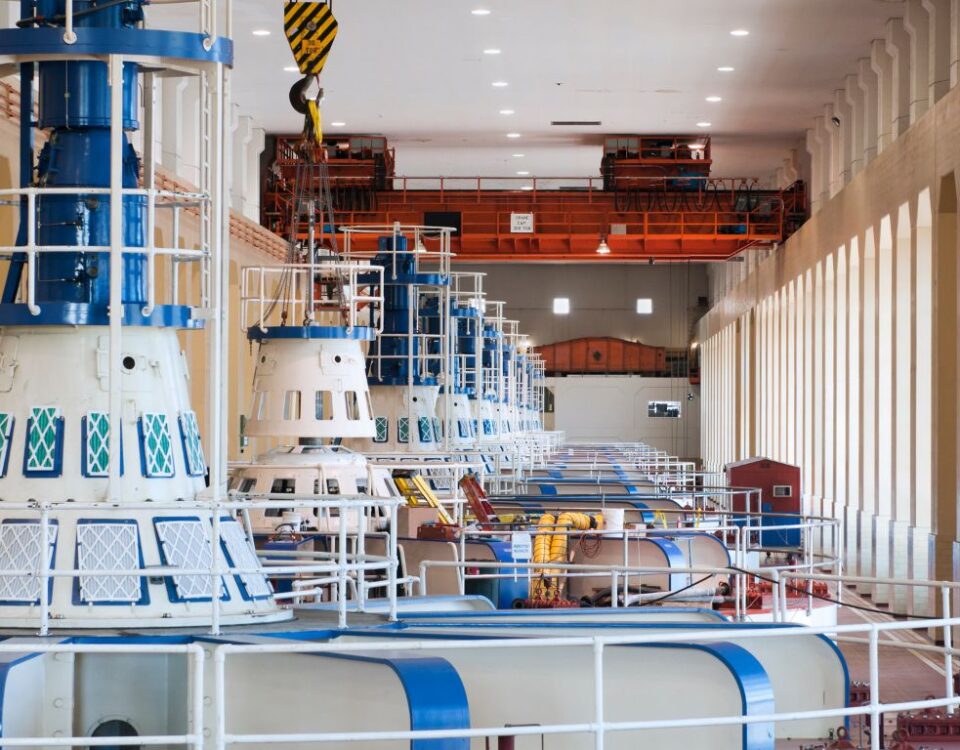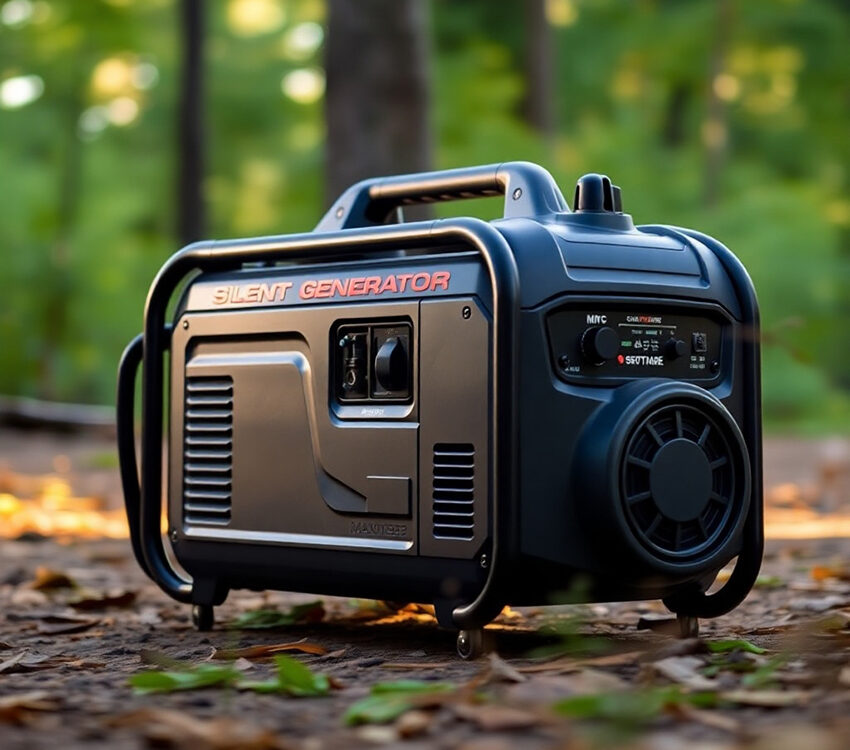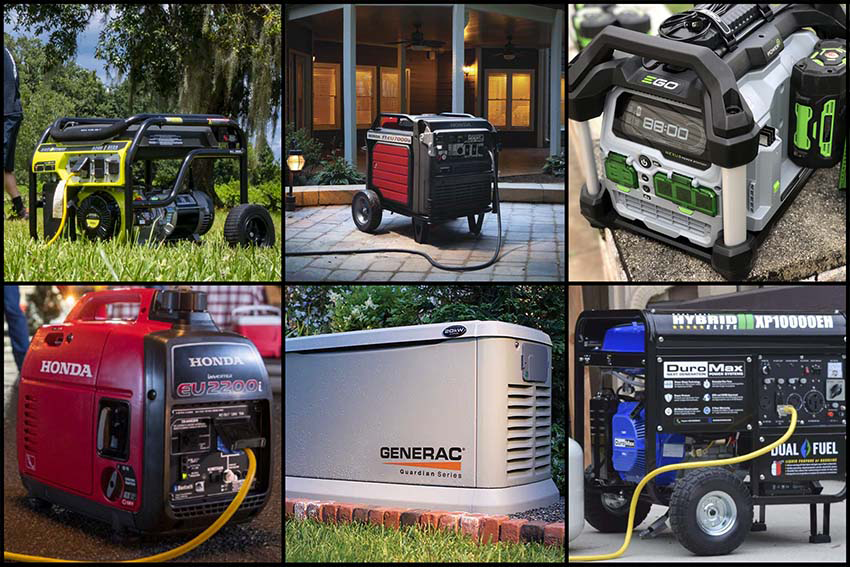
Generators are the backbone of power supply in many situations, from powering essential appliances during blackouts to serving as primary sources of electricity in remote locations. However, one critical aspect of owning and maintaining generators often remains: How long do generators last? In this comprehensive article, brought to you by the Generator Flow Team, we will explore the fascinating world of generator lifespan, shedding light on various factors that influence their longevity and answering the crucial question of how many years you can expect your generator to serve you faithfully.
Understanding Generator Lifespan
The lifespan of a generator refers to the number of hours it can operate effectively before requiring significant repairs or reaching the end of its operational life. It’s essential to understand the key factors that play a role in determining how long a generator can last:
Maintenance and Care
Regular maintenance and proper care are paramount for extending a generator’s lifespan. Maintenance tasks include routine inspections, oil changes, coolant checks, and replacing worn-out components such as filters and spark plugs. Neglecting maintenance can lead to premature wear and costly breakdowns.
Routine Inspections: Regular visual inspections of the generator’s components, including hoses, belts, and wiring, help identify issues before they become significant problems.
Oil Changes: Regular changes are crucial for proper engine lubrication and heat dissipation. The frequency of oil changes varies based on the generator type and usage but typically ranges from 100 to 250 hours of operation.
Coolant Checks: Monitoring the coolant levels and quality is essential, as overheating can cause severe damage to the engine. Coolant should be tested regularly and changed according to the manufacturer’s recommendations.
Component Replacements: Filters, spark plugs, and other consumable components should be replaced at specified intervals to maintain optimal performance.
Load Capacity
Generators are designed to handle specific loads. Running a generator consistently at or near its maximum capacity can strain the engine, alternator, and other components, potentially reducing lifespan. Selecting an appropriately sized generator for your power needs is crucial to prevent overloading.
Understanding Load: Knowing the power requirements of the devices and appliances connected to the generator helps ensure it operates within its capacity.
Load Management: Implementing load management techniques, such as staggering the start-up of heavy electrical loads, can prevent sudden spikes in power demand.
Fuel Quality
The quality of fuel used has a direct impact on a generator’s engine and overall performance. Clean and high-quality fuel is essential for maximizing its lifespan. Contaminated or low-quality fuel can lead to engine problems and a shortened operational life.
Fuel Storage: Fuel quality can be maintained over time by following recommended fuel storage procedures, such as utilizing fuel stabilizers and keeping fuel in clean, sealed containers.
Operating Conditions
Environmental factors and the conditions in which a generator operates significantly affect its lifespan. Generators exposed to extreme weather conditions, corrosive environments, or high humidity may experience accelerated wear and tear. Providing adequate protection and shelter can help extend their operational years.
Weather Protection: Protecting the generator from extreme heat, cold, rain, and other weather elements can significantly increase its lifespan. Enclosures or dedicated generator shelters are often used for this purpose.
Corrosion Control: In corrosive environments, such as coastal areas with saltwater exposure, regular cleaning and anti-corrosion treatments are essential to prevent rust and corrosion.
Type of Generator
Different types of generators have varying lifespans based on their design and intended usage. Understanding the characteristics of each type can help you make an informed decision when selecting a generator:
Generac Generator Lifespan
Generac generators are renowned for their durability and reliability. With proper maintenance and care, a Generac generator can typically last 20,000 to 30,000 hours of operation. These generators are often used as backup power sources in residential and commercial settings.
Inverter Generator Lifespan
Inverter generators are designed for efficiency and low maintenance. On average, they can last between 5,000 to 10,000 hours of operation. However, high-quality models with exceptional care may surpass this range. Inverter generators are commonly used for recreational activities and camping due to their portability and quiet operation.
Diesel Generator Lifespan
Diesel generators are known for their robustness and long lifespan. When well-maintained, diesel generators can operate for an impressive 20,000 to 30,000 hours or even longer. This extended lifespan makes them popular in various industries for standby and continuous power applications.
Factors Influencing Generator Lifespan
While the type of generator certainly plays a role in its longevity, other factors also come into play:
Operating Conditions
The environmental conditions in which a generator operates significantly impact its lifespan. Generators exposed to extreme heat, cold, humidity, or corrosive atmospheres may experience accelerated wear and tear. Here are some considerations for optimizing operating conditions:
Proper Ventilation: Adequate ventilation is essential to prevent the generator from overheating. Ensure that there is sufficient airflow around the generator unit.
Weather Protection: Extreme weather conditions can take a toll on generators. Protecting them with weatherproof enclosures or shelters can extend their operational life.
Corrosion Prevention: In corrosive environments, take measures to prevent rust and corrosion through regular cleaning and applying anti-corrosion coatings.
Wind Turbine Generator Lifespan
Wind turbine generators have a relatively long lifespan, often exceeding 20 years or 100,000 hours of operation. These generators harness wind energy and are often used in renewable energy projects to generate electricity sustainably.
Maintenance: Regular maintenance of wind turbine generators is essential to ensure their longevity. It includes inspecting and servicing components such as blades, bearings, and electrical systems.
Technical Expertise: Wind turbine generators require specialized knowledge and technical expertise for maintenance and repair. Engaging trained professionals is crucial to maximizing their lifespan.
Portable Generator Lifespan
Portable generators are generally less durable compared to larger, stationary units. Their lifespan typically ranges from 1,000 to 2,000 hours of operation with proper maintenance.
Usage Frequency: The frequency of use significantly impacts the lifespan of portable generators. They are designed for occasional use and may not withstand continuous or heavy-duty operation.
Maintenance: Regular maintenance, including oil changes, spark plug replacements, and fuel system cleaning, is essential to prolong the lifespan of portable generators.
Generator Engine and Alternator Lifespan
The engine and alternator are critical components of any generator. The lifespan of these components depends on various factors, including their quality, materials used, and maintenance practices.
Engine Lifespan: A well-maintained generator engine can last 10,000 to 30,000 hours or more. Regular inspections, oil changes, and part replacements contribute to engine longevity.
Alternator Lifespan: The alternator, responsible for converting mechanical energy into electrical energy, can also last within a similar range when correctly cared for.
Conclusion
Understanding the lifespan of generators is essential for making informed decisions when acquiring and maintaining these valuable assets. Whether you own a Generac generator, an inverter generator, or a diesel generator, proper care and maintenance are crucial in extending operational years. By considering factors such as maintenance, load capacity, fuel quality, operating conditions, and the type of generator, you can ensure that your generator serves you reliably for many years, supplying constant power when you most need it.
In conclusion, generators are indispensable devices, and their lifespan varies depending on numerous factors. With the proper knowledge and proactive maintenance, you can maximize the longevity of your generator, ensuring it remains a reliable power source for years to come.
Frequently Asked Questions
To extend your generator’s lifespan, follow these key steps:
Perform regular maintenance, including inspections, oil changes, and component replacements.
Avoid overloading the generator by matching it to your power needs.
Use sanitary, high-quality fuel and store it properly.
Protect the generator from harsh environmental conditions with shelter or enclosures.
Portable generators typically last 1,000 to 2,000 hours of operation with proper maintenance. The lifespan may vary based on usage, maintenance, and the generator’s brand and model.
Generators have specific maintenance intervals outlined in their user manuals. These intervals typically cover oil changes, filter replacements, and general inspections. Adhering to these guidelines is crucial for optimal performance and longevity.
Absolutely. Professional maintenance services conducted by experienced technicians can significantly extend a generator’s lifespan. These professionals have the expertise to identify and address potential issues before they become significant problems.
Standby generators, designed for continuous use, often have longer lifespans than portable generators. Standby generators can last 20,000 to 30,000 hours or more with proper maintenance, while portable generators typically last 1,000 to 2,000 hours.





